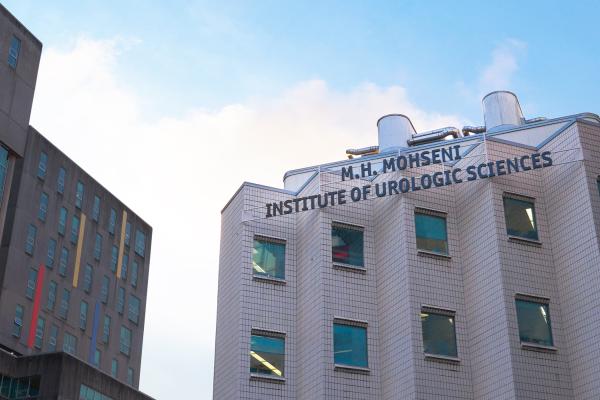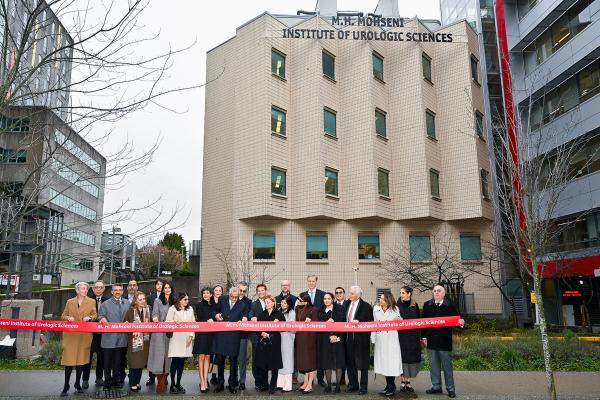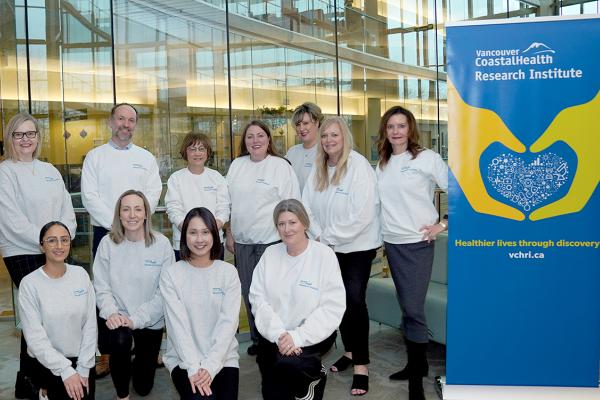
A catalogue of tissue samples provides important resource for researchers to understand disease and develop new treatments.
One of the many services offered by the Clinical Research Unit (CRU) at Vancouver Coastal Health Research Institute (VCHRI) is the collection of biospecimens for research purposes—known as the biobanking resources. Biospecimens are tissues, blood and bodily fluids donated by patients.
Together, these samples serve a specific, but little-known purpose. Once stored, they constitute a database of diseases or conditions that are available for research. Researchers can access specific tissue samples, which provide a valuable trove of information toward the development of new treatments.
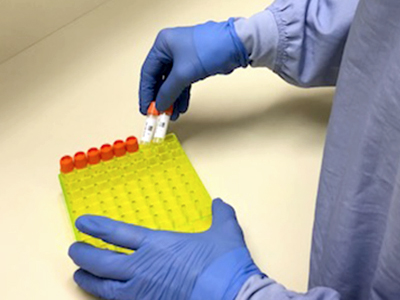
The logistics are complicated—samples need to be promptly collected, sorted and stored in order to preserve their viability for future research. This is where the CRU biobanking team steps in. A typical day involves coordinating donor consent paperwork and collecting, cataloguing and correctly storing samples. When a tissue sample is taken as part of a surgical procedure, the CRU team is there to collect it and ensure it is safely transported and stored in one of the many specialized freezers in the biobank.
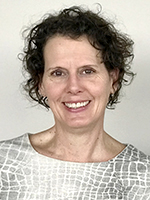
Just like a library, a rigorous organization system is used to ensure that samples are properly stored, referenceable and able to be found when needed.
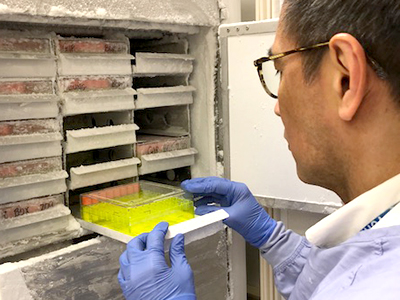
Importantly, the CRU biobanking team provides many value-added benefits for researchers.
“At VCHRI, it is not your traditional biobank—which is just a massive collection of samples,” explains Dr. David Schaeffer, head and medical director of the Department of Pathology and Laboratory Medicine at Vancouver Coastal Health Acute Services. “It is a biobanking service, meaning the team is here to promote and facilitate research. If a researcher comes to us and wants to collect a very specific sample from a patient population, we have the resources to do that.”
The biobanking service at VCHRI goes the additional mile to ensure that the data associated with the samples is as clinically relevant as possible.
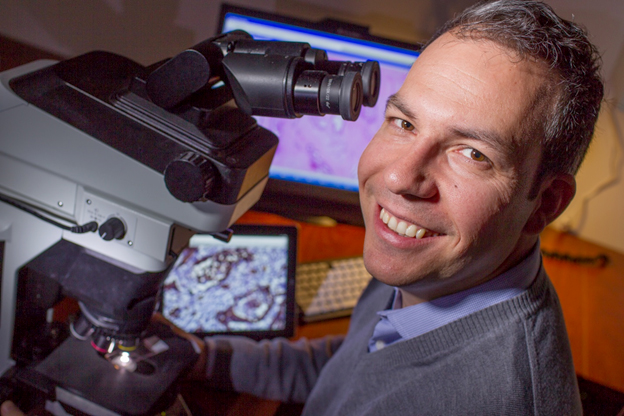
The biobanking services have supported leading research in several organ sites, including a recent pan-Canadian initiative to improve treatments for patients with pancreatic cancer. The service is available to VCHRI researchers. More information can be found on the biobanking resources page.
